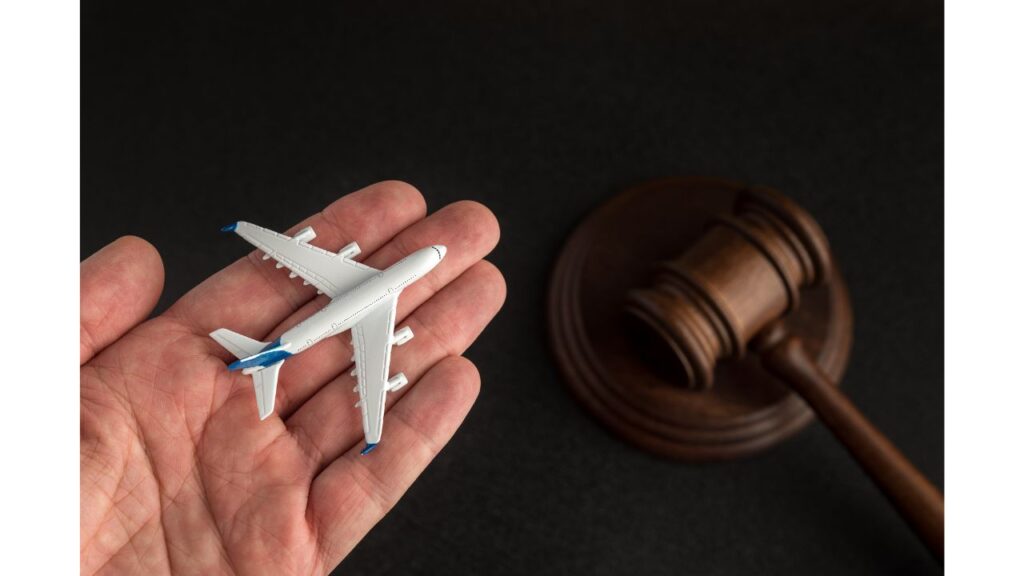
Navigating your duties as a Property and Affairs Deputy, when collaborating with a foreign counterpart, in another jurisdiction, can throw up various practical issues. Below, I highlight some key areas that might help navigate some of the difficulties that could be encountered, based on my own experience of dealing with various foreign jurisdictions:
- Tax – in which jurisdiction is tax paid, and how much? Be aware of when tax falls to be paid in the other jurisdiction, as this may well differ to our own tax year. Consider any agreements between your jurisdictions about double taxation and the ability to claim any potential reliefs. Your annual tax computations should form part of your cash-flows and budget planning, and you may need to seek specific advice from a tax specialist in both jurisdictions to support with the management of tax affairs.
- Movement of money – when sending funds to another country, consider whether any of those remittances will be taxed, and at what level. Are there any government-imposed limits on remittances that you need to be aware of? Do you need to file any declarations in your foreign jurisdiction as to the source of funds and the purpose for which they are being remitted?
- Damages awards – discuss with your litigators, the practicalities of managing a dual regime, in terms of tax, the practicalities surrounding the movement of money and any additional costs that this might generate (whether this will be additional Deputyship costs, or 3rd party expert opinions) in case these can be included in the schedule of loss, as a special damage.
- Investments – if you’re investing funds in England and Wales, but sending those routinely to another country, consider what currency denomination should be used for investment purposes, within those permissible within our markets (currently only Sterling and Euro). Consider commissioning a historic report on investment performance in the UK markets, versus, performance in your counterpart jurisdiction. Be aware that if P is habitually resident in another jurisdiction, but the funds are being managed in England and Wales, not all investment products will be available to them, or to you, as their Deputy.
- Currency accounts – consider opening currency accounts to facilitate currency transfers. Obtain advice on FX rate tracking throughout the year, to ensure that you can exchange Sterling to your denominated currency, at the best possible rates. Even a small downturn in exchange rates, can have a huge impact!
- Authority to travel and see your client – plan to see your client in person and consider how frequently this needs to occur. Consider making an application to the Court of Protection for authority to incur those costs, remembering to highlight the best interests considerations that your proposed face-to-face meeting(s) will have. Consider whether your application should be supported by a detailed plan, itemising how you will spend your time with your client, when visiting in the foreign jurisdiction. Where there is an on-going damages claim, the expert witness reporting on Deputyship costs should be made aware of the Deputy’s proposed travel plans and in-person contact so that this can be reflected in the report on future Deputyship costs.
- Translation tools – consider using a trusted translator for all key meetings but be open minded to using other tools to facilitate communication and understanding e.g. real time translation earbuds to help you build rapport with your international clients.
- Third party advice – don’t be afraid to utilise local specialists, to advise on key areas to help you navigate local laws and customs.
- Customs and practice – be adaptable and open minded to cultural norms and practices that might differ to our own. It’s also important to be alive to the treatment of capacity in a foreign jurisdiction and how this might differ to the capacity test we have here.

Author
Alexandra Knipe – Partner, Anthony Gold
Want to learn more?
Listen now to Episode 5 of The PDF CopCast featuring an insightful discussion with Alexandra Knight about her work that covers international jurisdictions.

